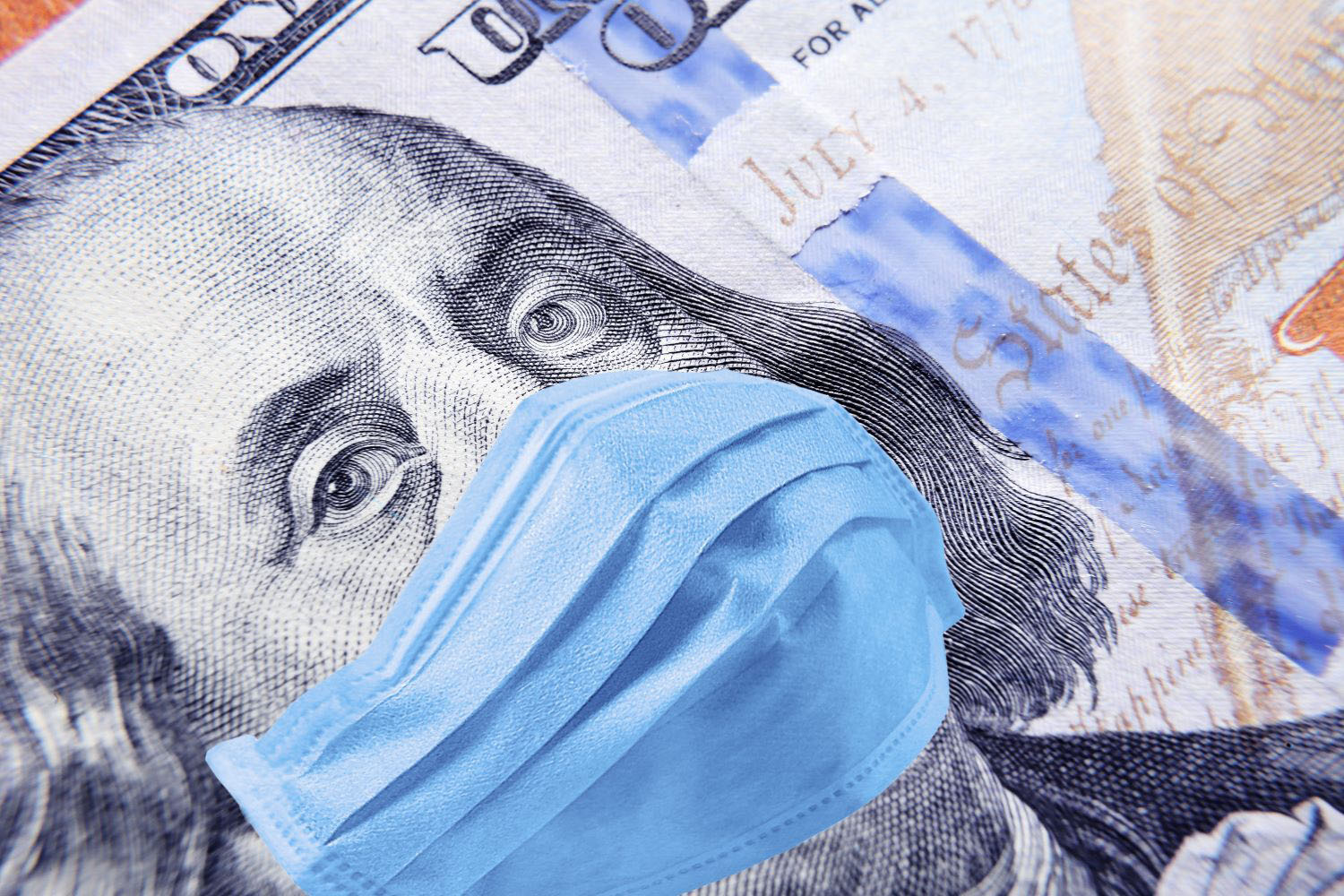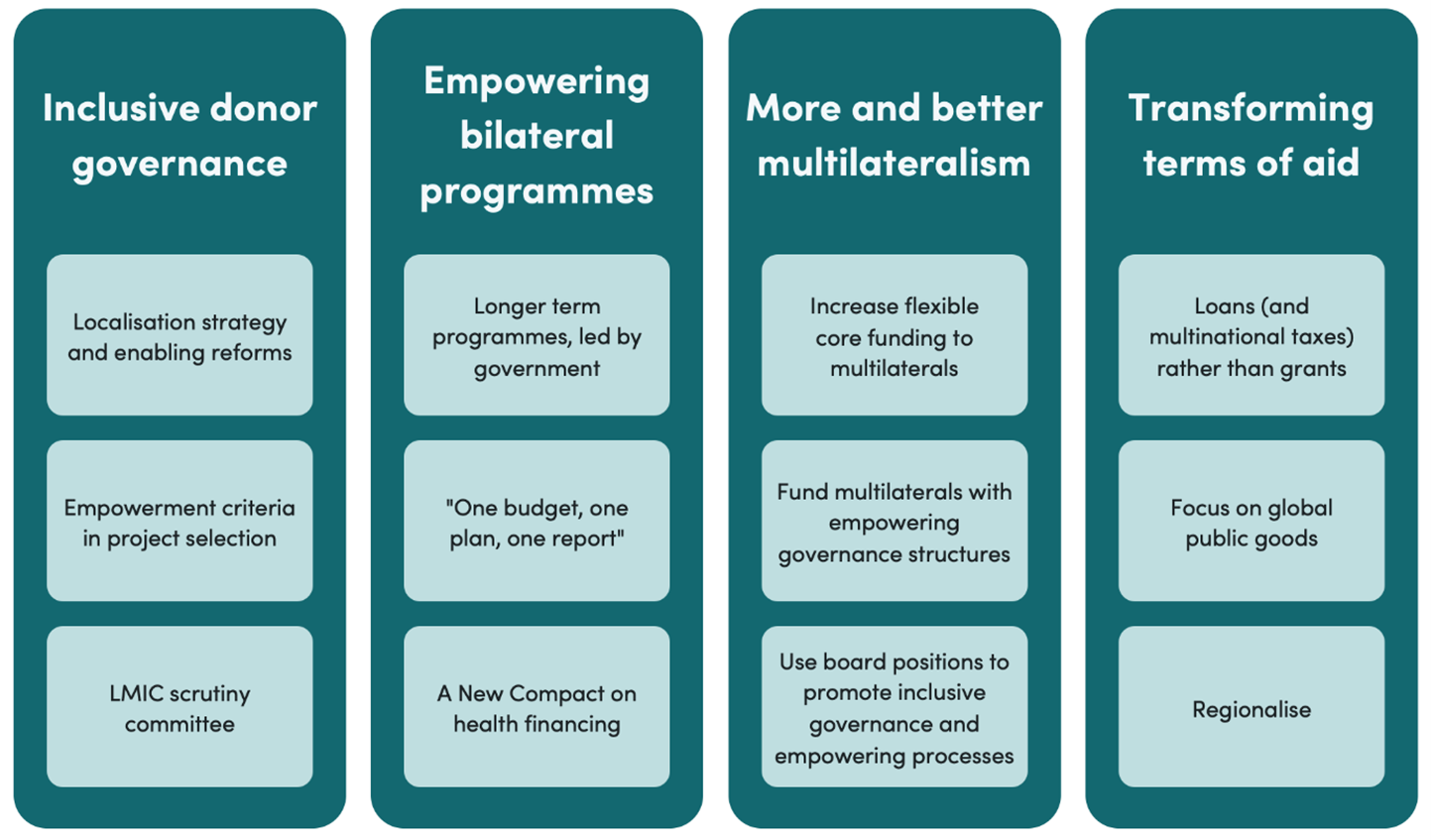The U.S. Congress launched a new bipartisan Caucus for Congressional-World Bank Dialogue at a packed event on Capitol Hill July 16. The caucus, co-chaired by Kevin Brady (R-TX) and Betty McCollum (D-MN), provides a forum for members of Congress to engage the World Bank, parliamentarians and policy experts on poverty reduction, global development and trade.
As many Hill and Bank-watchers know, World Bank rules prevent its president and senior staff from testifying before Congress and restrict discussions to closed-door meetings. While some argue this protects the bank from type of congressional meddling that has hobbled USAID, it also means that the bank misses opportunities to educate and inform Congress about its work through public, congressional testimony. Reuters' reporter Lesley Wroughton says in her article U.S. lawmakers and World Bank seek to bridge gaps that in this sense, the new caucus "hopes to deepen, and in some cases launch discussions between the bank and the U.S. Congress on development, poverty and trade issues."
Rep. Brady said that "with the world changing at a rapid pace, this new caucus makes sense." Rep. McCollum similarly cited new global challenges including climate change, rising food prices and energy security that are placing new demands on Congress and the World Bank. And Rep. Phillip English (R-PA) argued "now more than ever the United States needs to focus on its international relationships and its international strategies, and focus on multilateral institutions that make a real difference." Other founding members of the group include: Spencer Bachus (R-AL), Ander Crenshaw (R-FL), Joseph Crowley (D-NY), Gwen Moore (D-WI), Mike Pence (R-IN), Gregory Meeks (D-NY), Henry Waxman (D-CA), Maxine Waters (D-CA), Jerry Weller (R-IL) and Brad Sherman (D-CA).
World Bank President Robert Zoellick described the World Bank's efforts to promote inclusive and sustainable globalization that reduces poverty, promotes education, empowers women, and spurs economic growth. He said that an increasingly integrated world could no longer exclude the developing world, including emerging powers such as China and India.
It's great to see Republicans and Democrats on the Hill taking a closer look at the World Bank and global development; especially in the midst of broader conversations U.S. policymakers are having on ways to overhaul foreign assistance under the next administration. Much of the emphasis so far has been on modernizing U.S. bilateral aid (see New Day, New Way and Modernizing U.S. Foreign Assistance), so the new caucus is a welcome reminder that Washington's role in the multilateral aid institutions matters just as much.
Three cheers to the co-chairs, founding caucus members and to the World Bank itself for launching this forum. Kudos also to the German Marshall Fund for its support in convening the group. In the absence of a much-needed Congressional Global Development Caucus, the World Bank-Congressional Caucus can make valuable contributions, including helping to identify congressional champions for global development.
While the founding members of the group are strong supporters of U.S. engagement in global development, comments at the launch however suggested there were at least two prevailing views about the role of the caucus. Some participants described it as a forum to exchange ideas with experts and aid officials and to increase support for the World Bank. Others suggested it should be a venue to hold the World Bank in check and ensure "macro-economic belief systems" (as described by one member of Congress) don't interfere with the World Bank's poverty reduction goal. Clearly there will be plenty for the caucus to discuss!
Of course, there is a wide range of congressional caucuses -- from the Congressional Black Caucus to the Congressional Bike Caucus -- each with varying degrees of activity and influence. I'm hopeful that this one will gain momentum as we head into a new administration and Congress, and that it will play a much bigger role on the Hill in the months to come.
CGD blog posts reflect the views of the authors, drawing on prior research and experience in their areas of expertise.
CGD is a nonpartisan, independent organization and does not take institutional positions.





